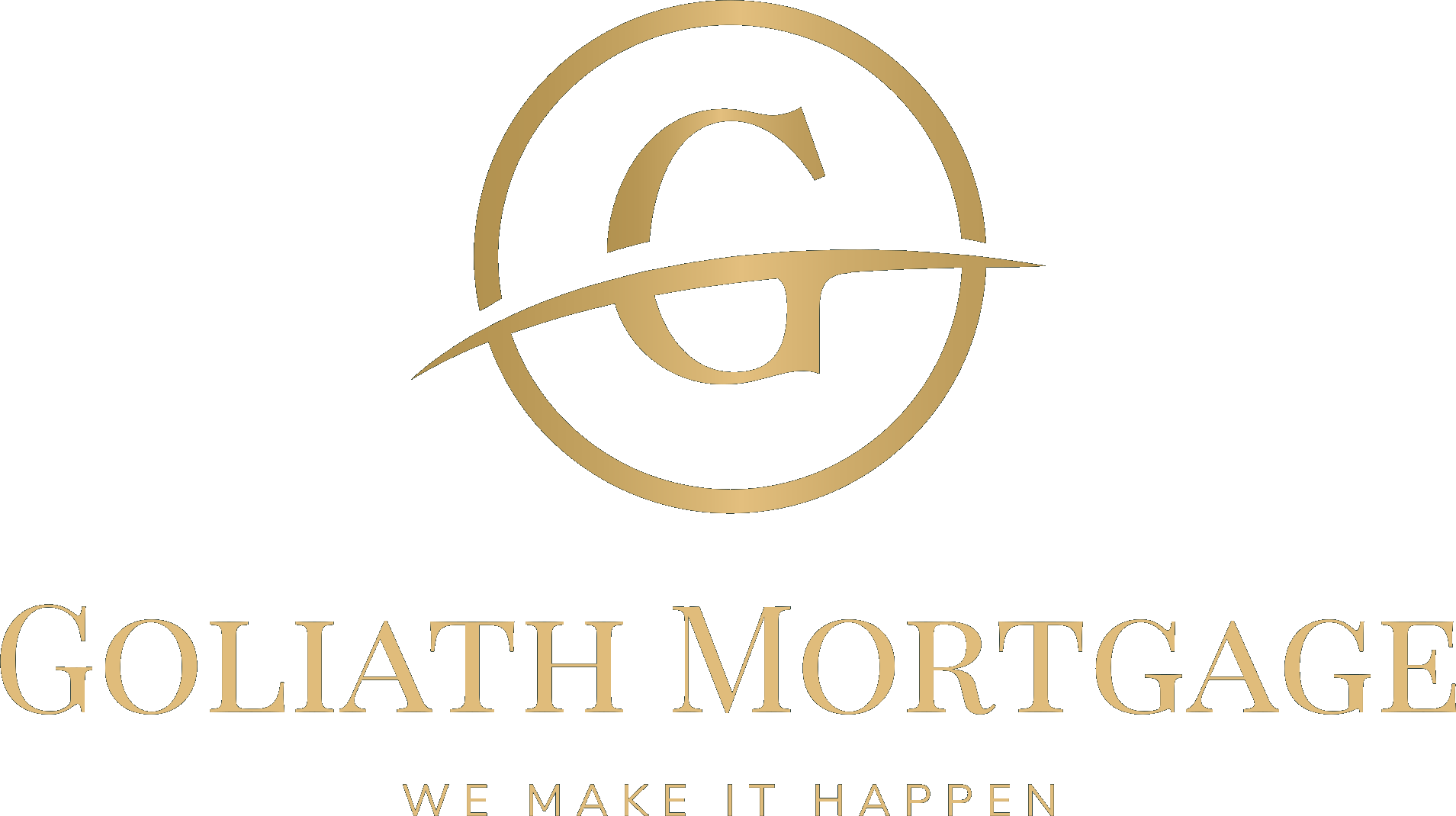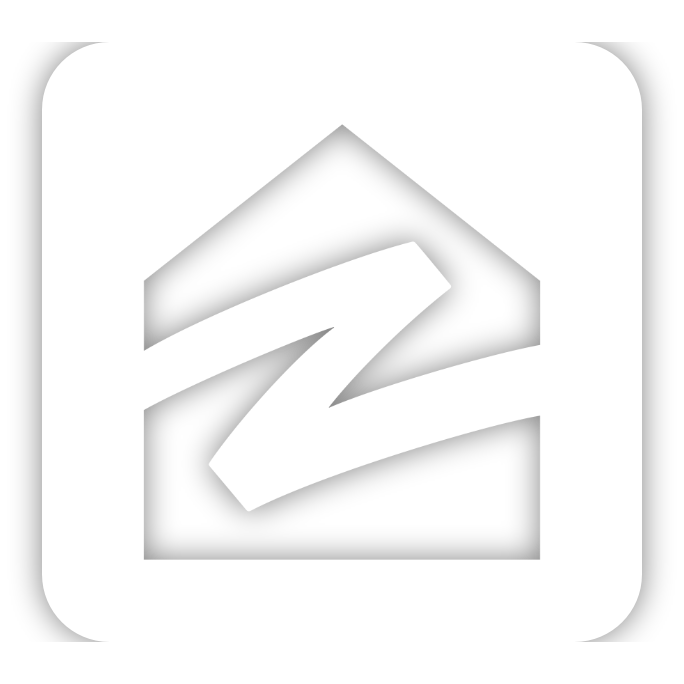OUR SERVICES
Reverse Mortgage
Click to expand & read more.
Home Equity Conversion Mortgage
HECM (pronounced HEKUM) is the commonly used acronym for a Home Equity Conversion Mortgage, a reverse mortgage created by and regulated by the U.S. Department of Housing and Urban Development.
A HECM is not a government loan. It is a loan issued by a mortgage lender but insured by the Federal Housing Administration, which is part of HUD.
FHA collects a Mortgage Insurance Premium (MIP) at closing that equals two (2) percent of the home’s appraised value or FHA lending limit ($726,525), whichever number is less. FHA also collects an annual premium equal to 0.5 percent of the outstanding loan balance. Your loan balance thus increases by the amount of this fee. The insurance purchased by this fee protects the borrower (1) if and when the lender is not able to make a payment, and (2) if the value of the home upon selling is not enough to cover the loan balance. In the latter case, the government insurance fund pays off the remaining balance.
Currently, HECMs make up most reverse mortgages offered in America. HECMs come with rules and regulations that include a requirement that the borrower receives third-party counseling.
Home Equity Conversion Mortgage
HECM (pronounced HEKUM) is the commonly used acronym for a Home Equity Conversion Mortgage, a reverse mortgage created by and regulated by the U.S. Department of Housing and Urban Development.
A HECM is not a government loan. It is a loan issued by a mortgage lender but insured by the Federal Housing Administration, which is part of HUD.
FHA collects a Mortgage Insurance Premium (MIP) at closing that equals two (2) percent of the home’s appraised value or FHA lending limit ($726,525), whichever number is less. FHA also collects an annual premium equal to 0.5 percent of the outstanding loan balance. Your loan balance thus increases by the amount of this fee. The insurance purchased by this fee protects the borrower (1) if and when the lender is not able to make a payment, and (2) if the value of the home upon selling is not enough to cover the loan balance. In the latter case, the government insurance fund pays off the remaining balance.
Currently, HECMs make up most reverse mortgages offered in America. HECMs come with rules and regulations that include a requirement that the borrower receives third-party counseling.
Proprietary Reverse Mortgage
Proprietary reverse mortgages are privately insured by the mortgage companies that offer them. They are not subject to all the same regulations as HECMs, but as a standard best practice, most companies that offer proprietary reverse mortgages emulate the same consumer protections that are found in the HECM program, including mandatory counseling.
Proprietary reverse mortgages can meet the needs of older homeowners whose properties are ineligible for FHA financing — such as units in non-FHA approved condominiums or some planned unit developments (PUDs) — or if their home values exceed $1 million.
These loans are sometimes referred to as “jumbo” reverse mortgages because the borrowers may be eligible for more proceeds than they would be with an FHA-insured HECM.
HECM for Purchase
Goliath Mortgage offers the HECM for Purchase Program to our clients 62+. We will show you how to purchase your Dream Home with as little as 50-60% down and never having to pay a monthly mortgage payment!
This is a hidden opportunity most real estate professionals are not aware of.
The HECM for Purchase program can be used to either downsize or upsize a retirement home. For those downsizing, the HECM for Purchase could free up more assets from the sale of the previous home to be used for other purposes. For those upsizing with the financial resources to manage this sustainably and responsibly, the HECM for Purchase could allow for a more expensive home—especially considering the possibility that obtaining a traditional mortgage may become increasingly difficult after retirement.
Should the borrower live in the home long enough, the loan balance may grow to exceed the value of the home, setting its nonrecourse aspect into motion. In this situation, one could interpret the HECM for Purchase program as a way to provide housing services as long as the borrower remains eligible for a total cost equal to the portion of the home value and up-front costs not covered by the HECM. Should the borrower leave the home while the loan balance is still less than the home value, the home could be sold with any remaining equity still available to the borrower after the loan is repaid.
In terms of coordinating the use of debt for housing, not having to make a monthly mortgage payment reduces the household’s fixed costs and provides potential relief of any need to spend down investments. The HECM for Purchase option can be analyzed relative to paying outright for the home with other assets or opening a fifteen-year mortgage if still feasible.
These loans are sometimes referred to as “jumbo” reverse mortgages because the borrowers may be eligible for more proceeds than they would be with an FHA-insured HECM.

info@goliathmortgage.com
Phone
ADDRESS
331 Arcado Rd, Suite A-101
Lilburn, GA 30047
We Provide Services in all 50 states








